PFN_REFERENCE_COUNT Bug Check 0x1C: 5 Working Fixes
This BSoD error is pretty rare
4 min. read
Published on
Read our disclosure page to find out how can you help Windows Report sustain the editorial team. Read more
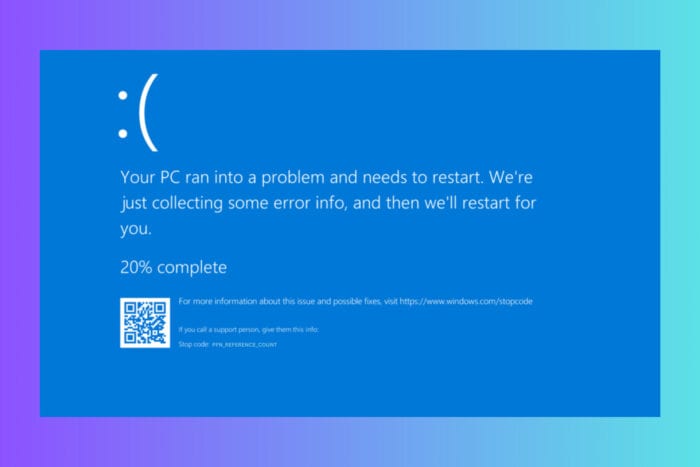
Dealing with the dreaded PFN_REFERENCE_COUNT error often leads to the infamous Blue Screen of Death (BSOD), disrupting your workflow and causing potential data loss. It has the value of 0x0000001C and it can be caused by counter overflows, underflows, or an object that is used after it has been freed.
How do I fix the PFN_REFERENCE_COUNT error?
1. Roll back or update the network drivers
- Right-click on the Windows icon and select Device Manager.
- Expand the Network adapters category in the pop-up window.
- Right-click on your network device and select Properties.
- Navigate to the Driver tab and click on Roll Back Driver.
- Follow the on-screen instructions to revert to the previous driver version.
If you installed a new network driver recently, try to roll back to the previous one first. If that doesn’t work, update it instead.
- Navigate to Device Manager > Network adapters.
- Right-click on your network device and select Update Driver.
- Choose Search automatically for updated driver software.
- Follow the on-screen instructions to complete the update.
Updating or rolling back your network drivers can resolve issues caused by incompatible or outdated drivers, potentially preventing the PFN_REFERENCE_COUNT error.
2. Scan the system for malware
- Open Settings by pressing Win + I.
- Go to Update & Security.
- Select Windows Security from the left panel.
- Click on Virus & threat protection.
- In the new window, click on Scan options and choose Full scan.
- Click Scan now and wait for the scan to complete.
- If any threats are detected, follow the instructions to remove them.
Malware infections can corrupt system files, leading to BSOD errors like PFN_REFERENCE_COUNT. Running a full system scan can help identify and remove harmful software.
3. Run the System File Checker (SFC)
- Press Win + R to open the Run dialog box.
- Type cmd and press Ctrl + Shift + Enter to open Command Prompt as administrator.
- In the Command Prompt window, type sfc /scannow and press Enter.
- Wait for the scan to finish.
If the error persists, run the Deployment Imaging Service and Management Tool (DISM):
- Open Command Prompt as administrator.
- Type the following commands and press Enter after each:
DISM /Online /Cleanup-Image /CheckHealthDISM /Online /Cleanup-Image /ScanHealthDISM /Online /Cleanup-Image /RestoreHealth
- After the scans are complete, restart your PC.
Running SFC and DISM can repair corrupted or missing system files, which may resolve the PFN_REFERENCE_COUNT error.
4. Check the disk for errors
- Access the Windows Recovery Environment (WinRE) by rebooting and pressing F8, or the appropriate key for your system.
- Navigate to Troubleshoot > Advanced options > Command Prompt.
- In the Command Prompt, type CHKDSK C: /F /R and press Enter (replace C with your system drive letter if different).
Checking for disk errors can identify and resolve issues with your hard drive, which could be causing the PFN_REFERENCE_COUNT error.
5. Check the RAM
- Enter Safe Mode.
- Open Windows Memory Diagnostic by searching it in the Windows Search tool.
- Click Restart now and check for problems in the prompted box.
- Let the system reboot and run the diagnostic test.
This tool will diagnose and report any issues with your RAM. If it finds errors, consider replacing the faulty RAM.
Additional possible fixes
Perform a Windows Restore
- Enter WinRE and navigate to Troubleshoot > Advanced options > System Restore.
- Follow the on-screen instructions to choose a restore point before the issue began.
Check for Windows Updates
- Go to Settings > Update & Security > Windows Update.
- Click Check for updates and install any available updates.
Perform a Clean Boot
- Press Win + R, type msconfig, and press Enter.
- Go to the Services tab, check Hide all Microsoft services, and click Disable all.
- Go to the Startup tab and click Open Task Manager.
- Disable all startup items, close Task Manager, and click OK in the System Configuration window.
- Restart your computer.
Performing a Windows restore, checking for updates, and doing a clean boot can help resolve underlying software issues causing the PFN_REFERENCE_COUNT error.
By following these steps, you should be able to resolve the PFN_REFERENCE_COUNT error and get your system back to normal. To avoid future issues, keep your drivers updated and regularly scan your system for malware.
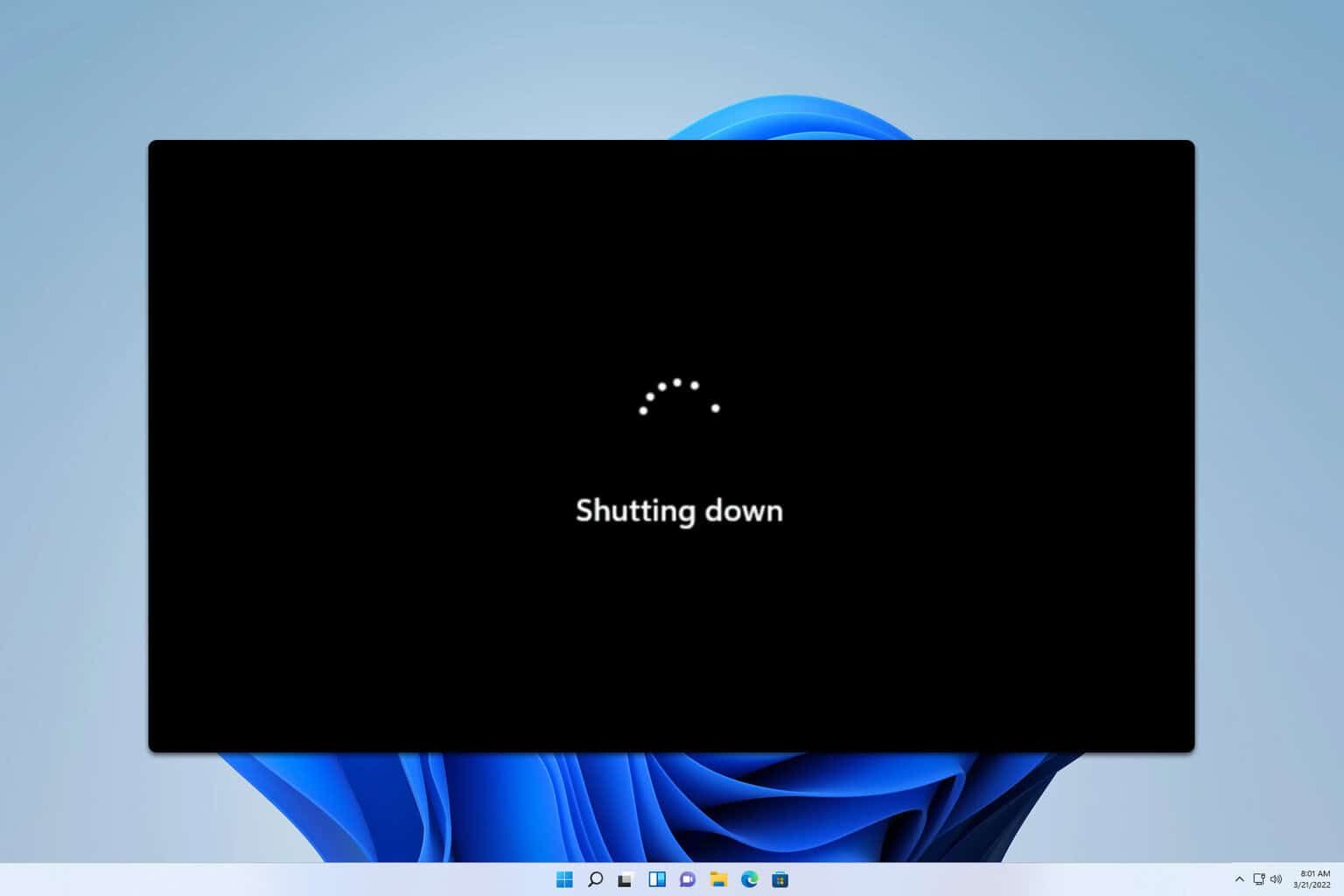
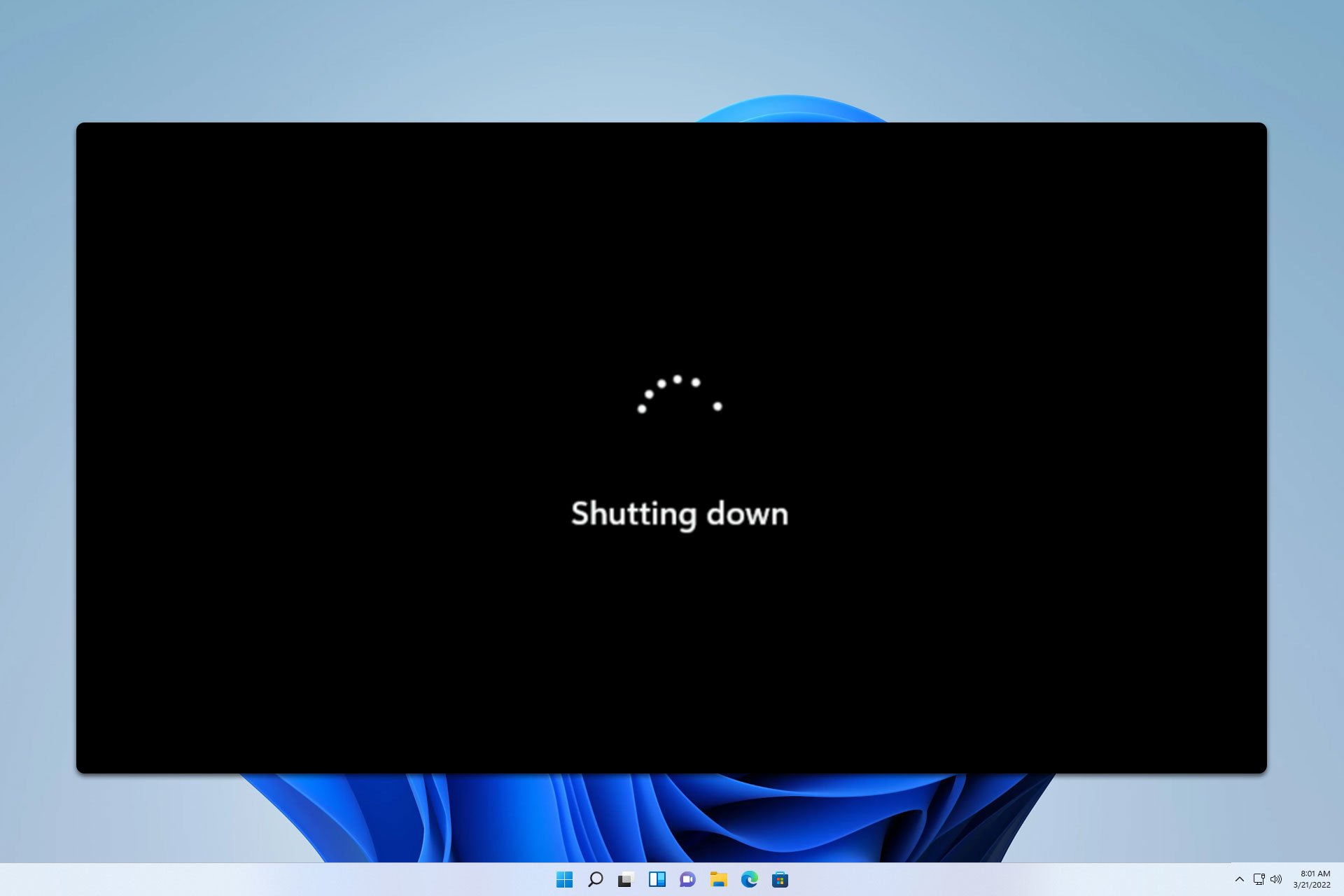
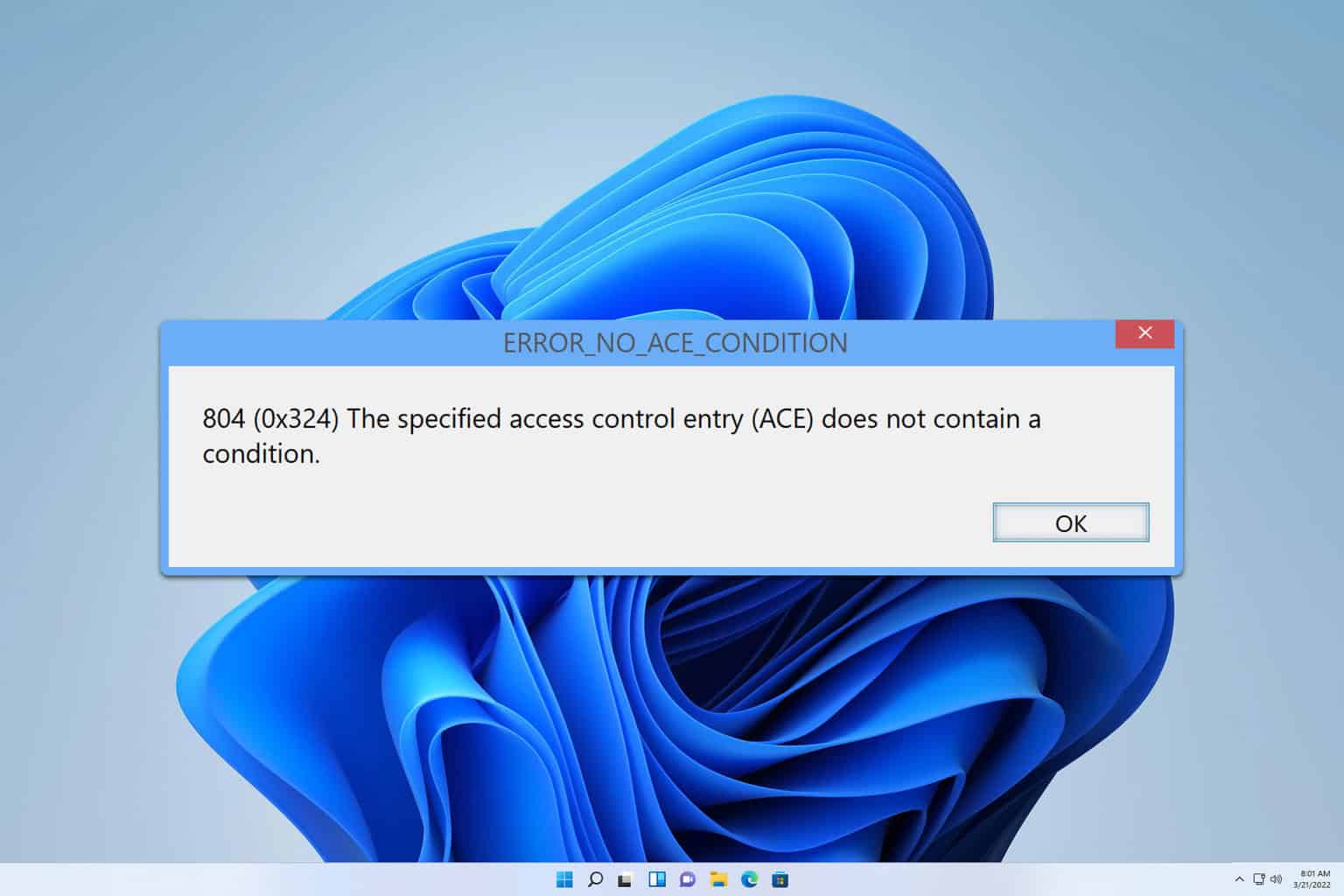
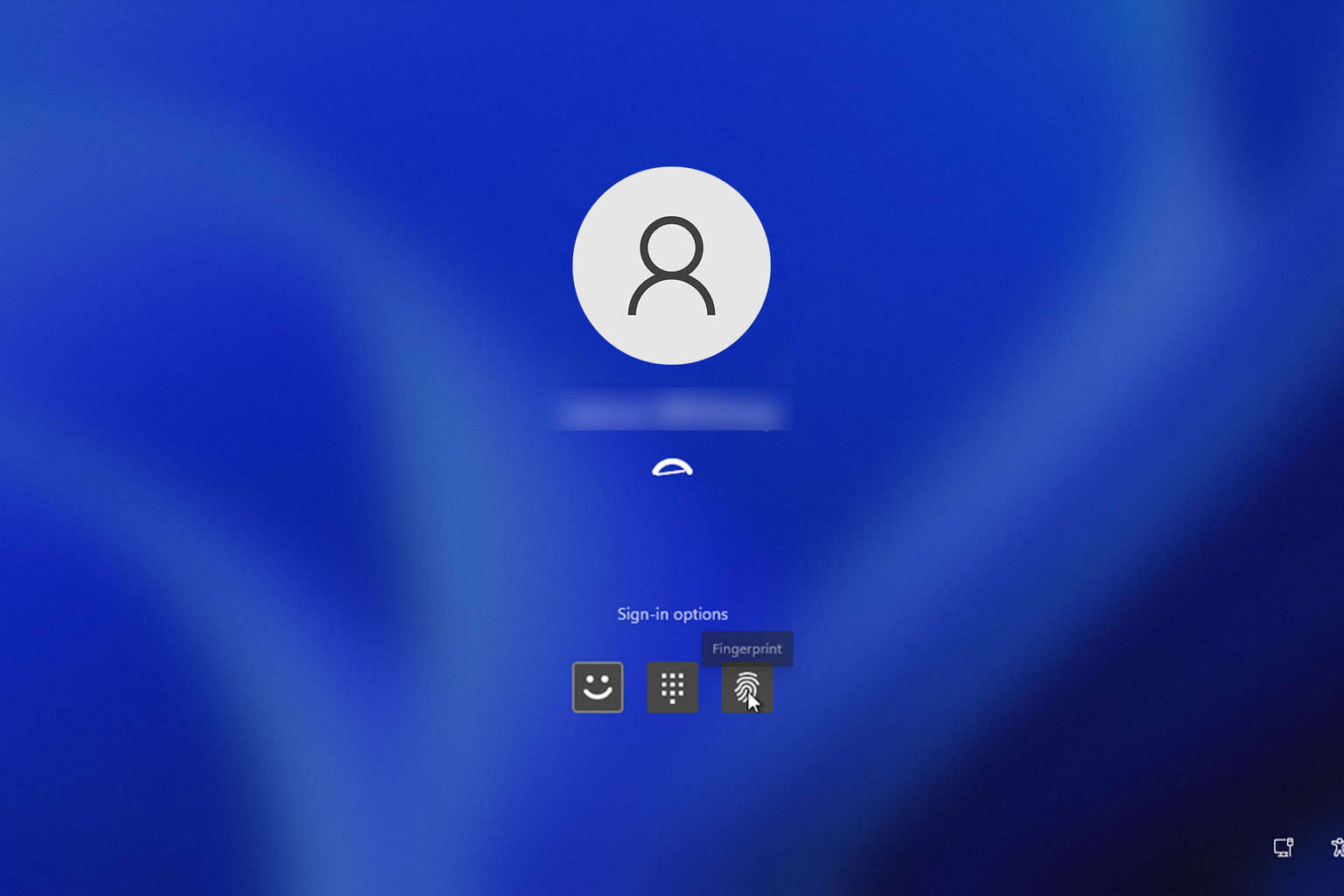
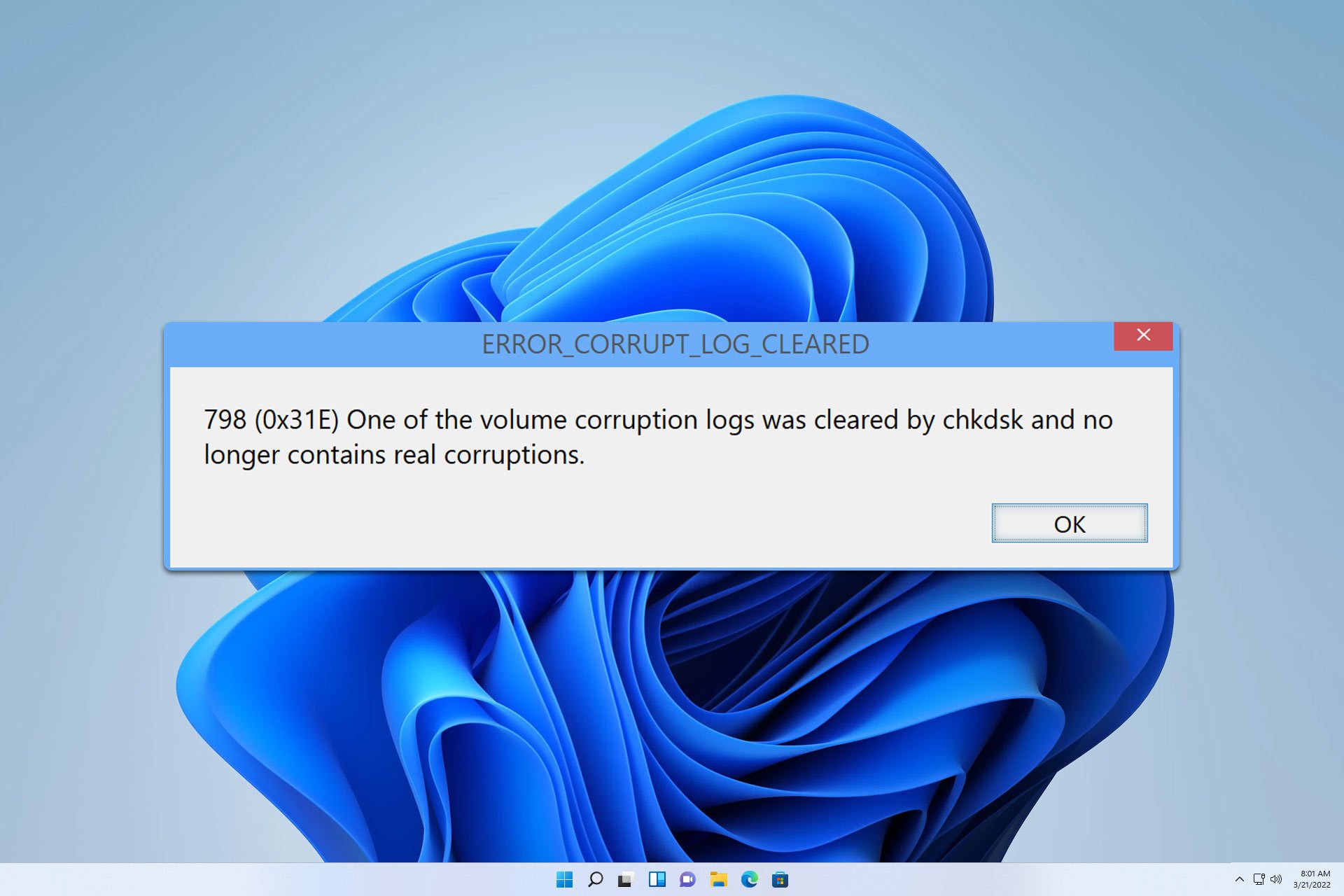
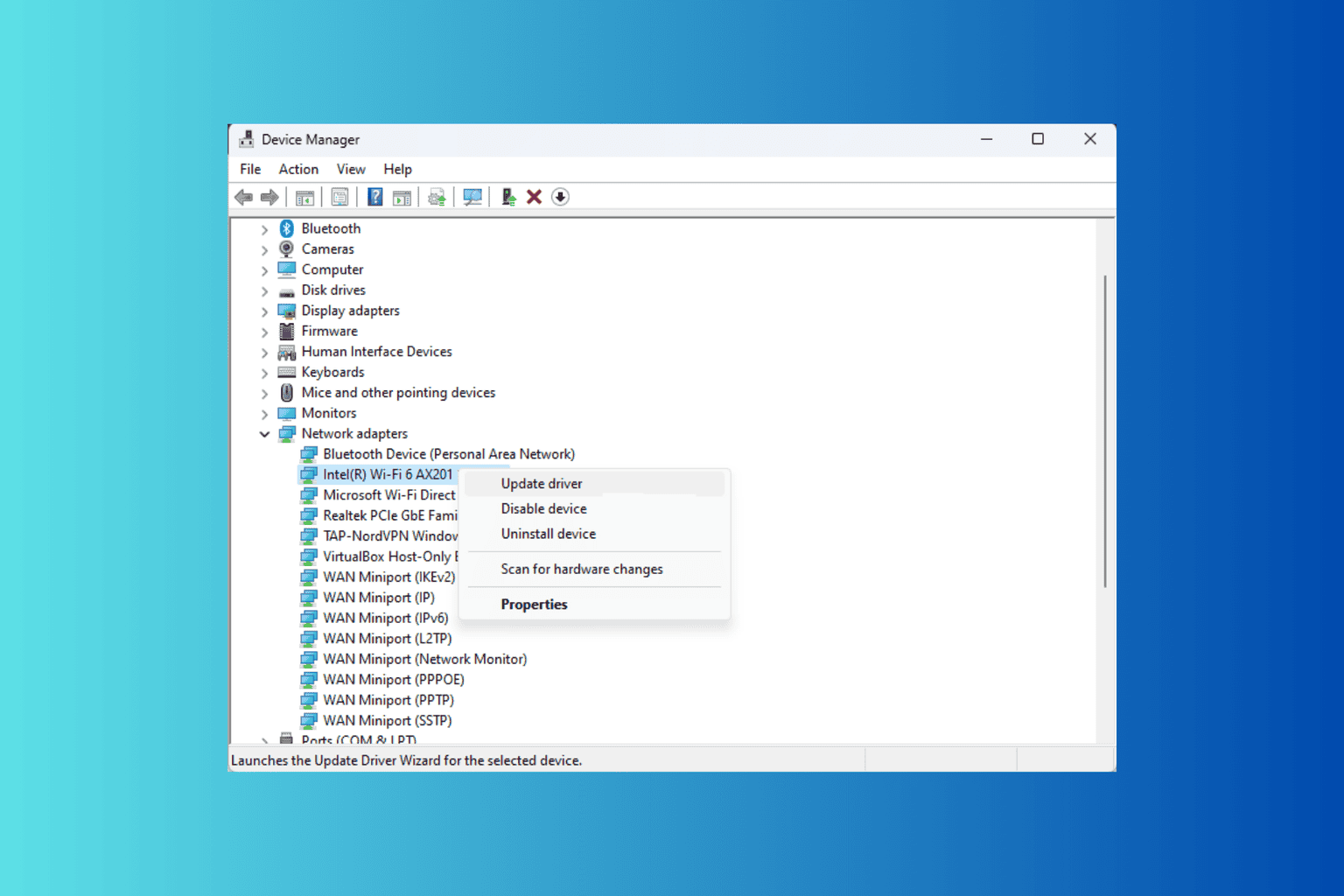
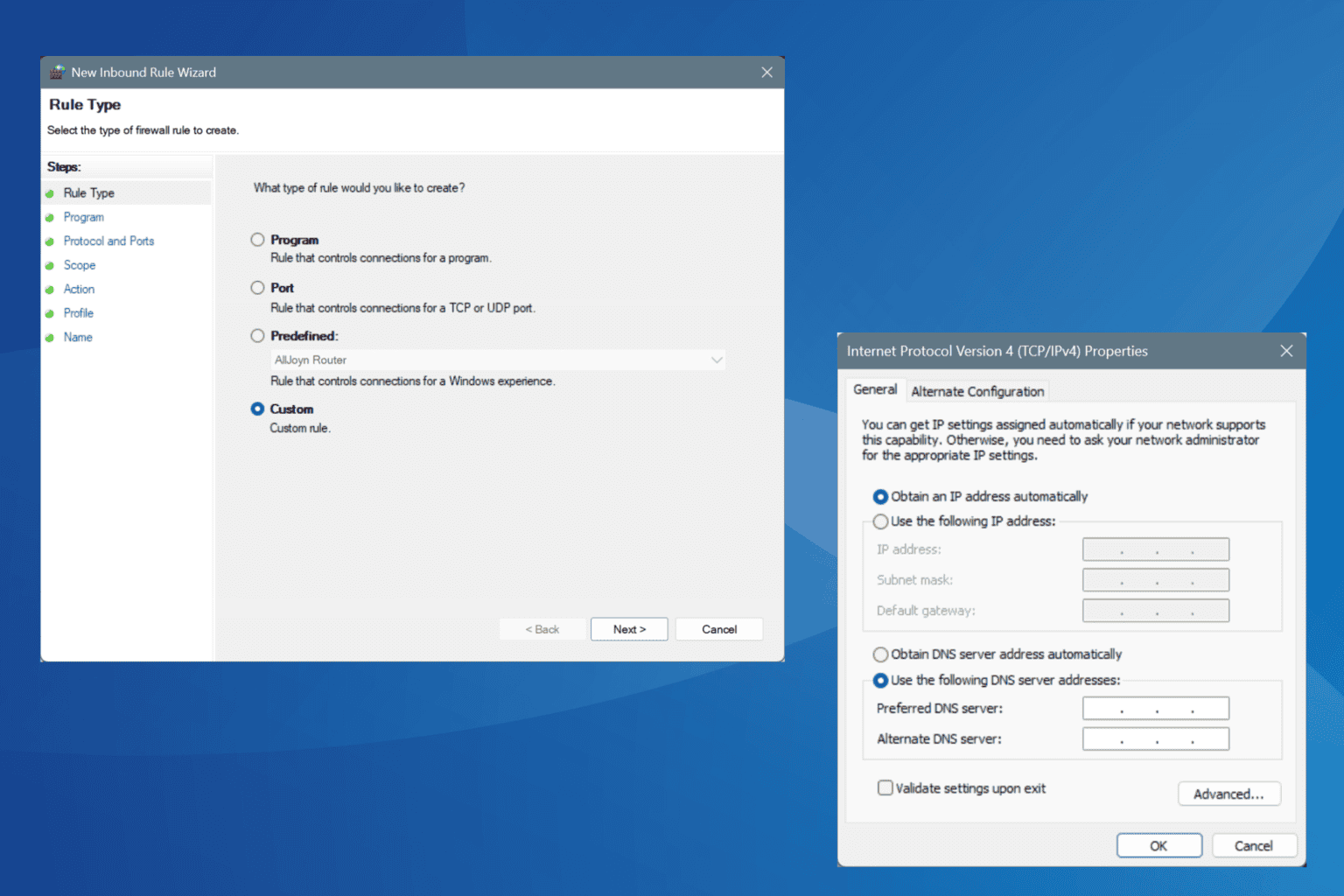
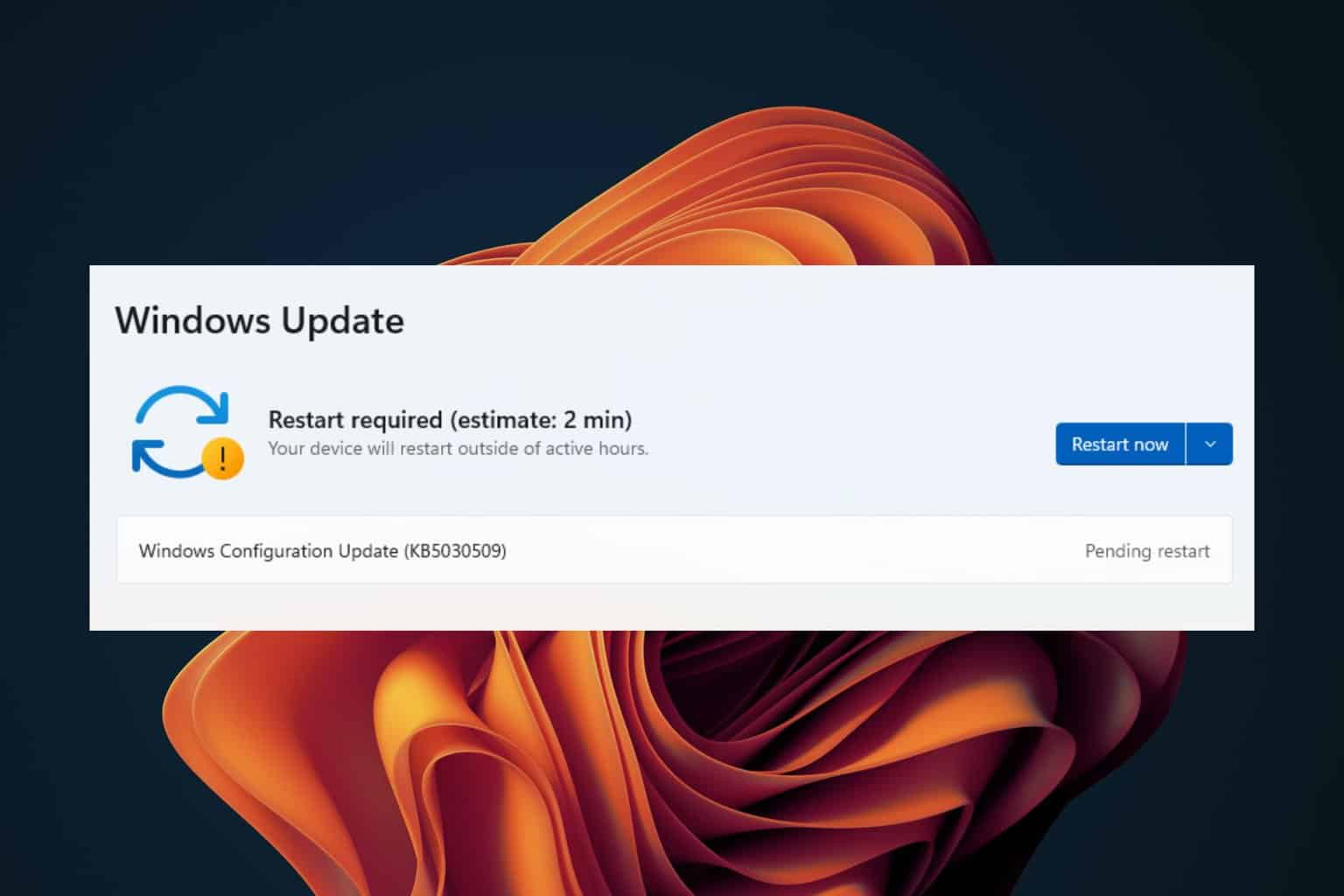
User forum
0 messages